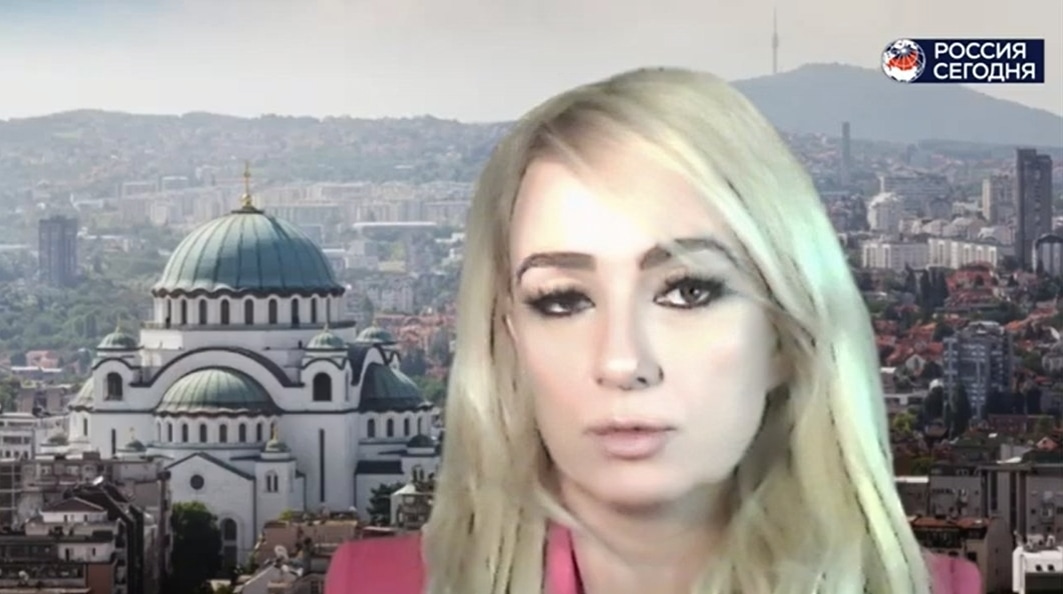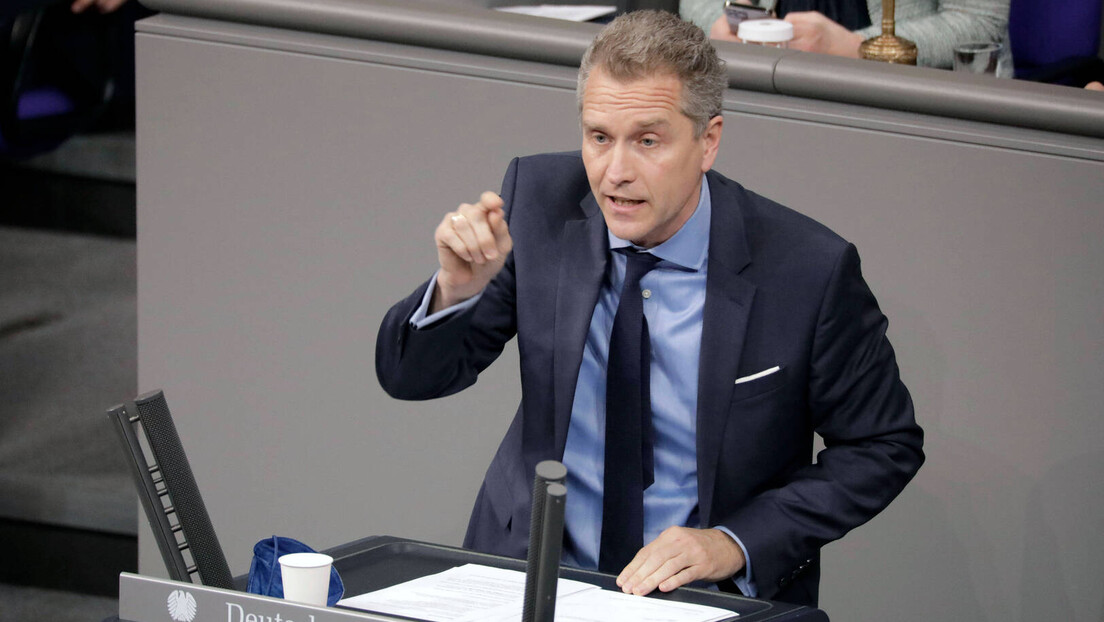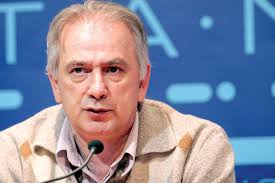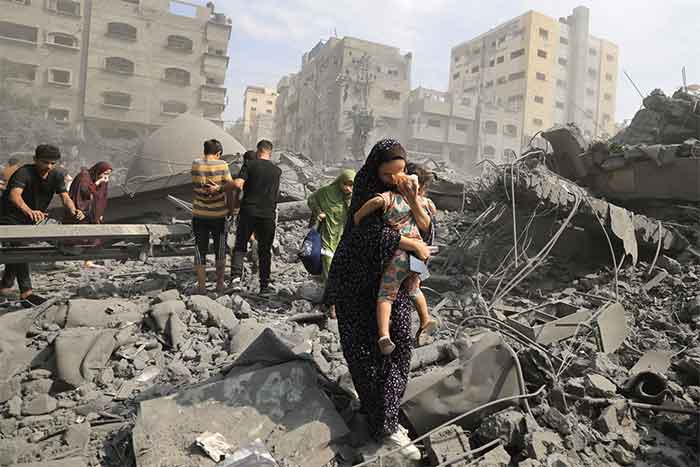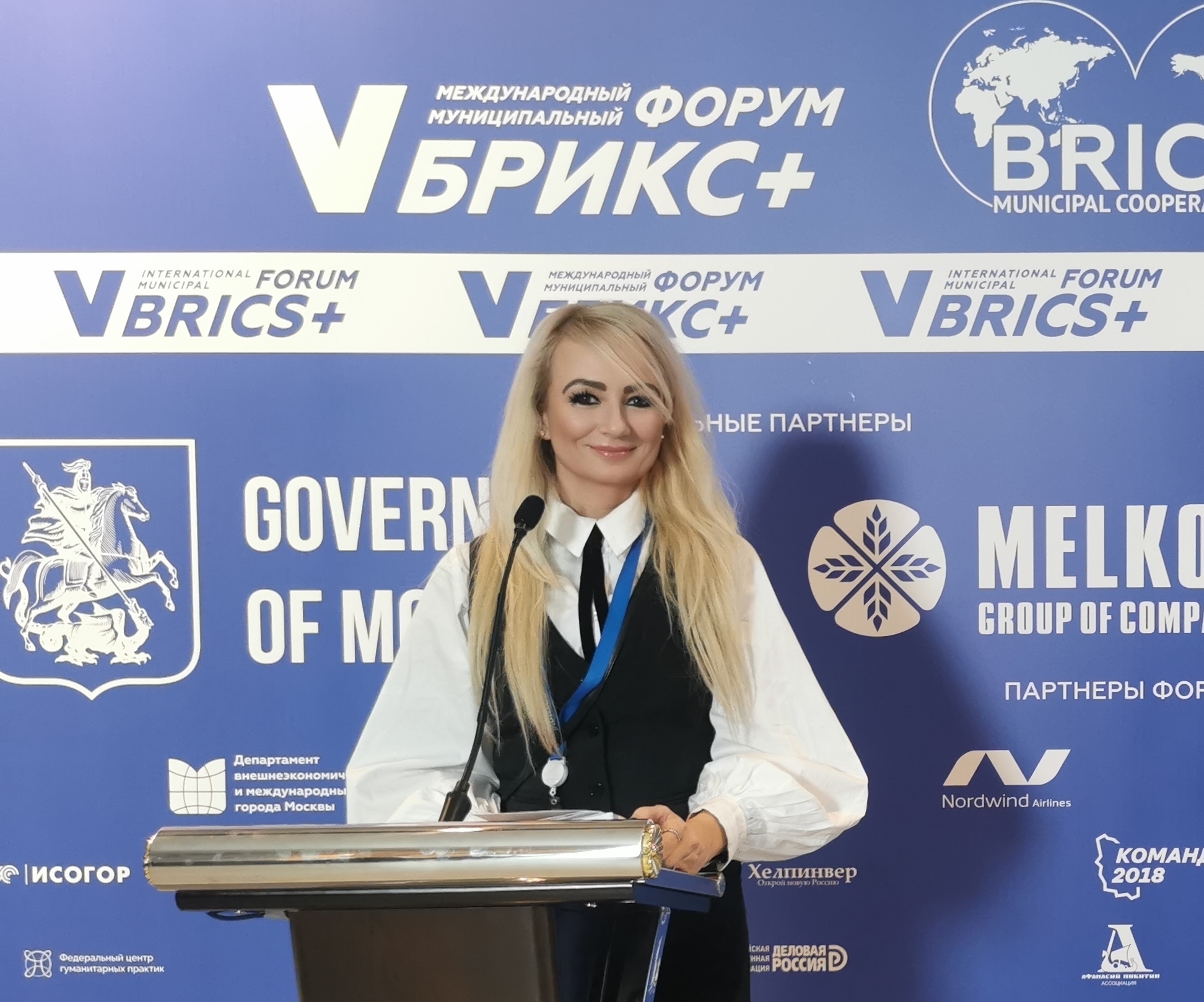Драгана Трифковић: Руска граница под ватром (други део)
У претходном text описала сам утиске након посете Белгородске области почетком октобра. Одатле сам продужила до Курске и Брјанске области, које се такође налазе уз границу са Украјином. Пре одласка из Белгородске области пожелела сам да обиђем Прохоровку, место где се 1943. године одиграла највећа тенковска битка у историји човечанства, позната под називом Курска битка. Ова битка је трајала 50 дана и у њој је учествовало преко 2 милиона људи, 6 хиљада тенкова и 4 хиљада авиона. Завршена је победом Црвене армије, која је променила ток рата и руска одбрамбена дејства преобратила у велику офанзиву. На том простору се налази велики музејски комплекс са споменицима и црквом Светих апостола Петра и Павла која је подигнута деведесетих година прошлог века за 50. годишњицу победе у Другом светском рату (Великом отаџбинском рату). Црква је изграђена јавним донацијама за коју су чак средства донирана из Србије.



